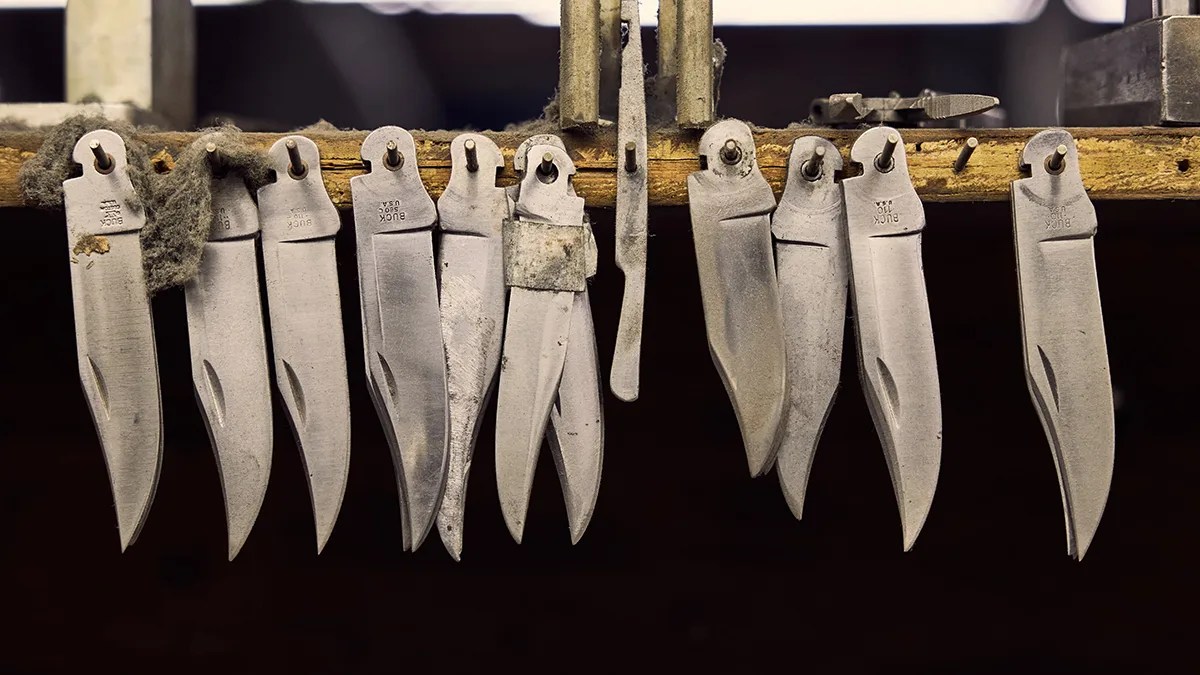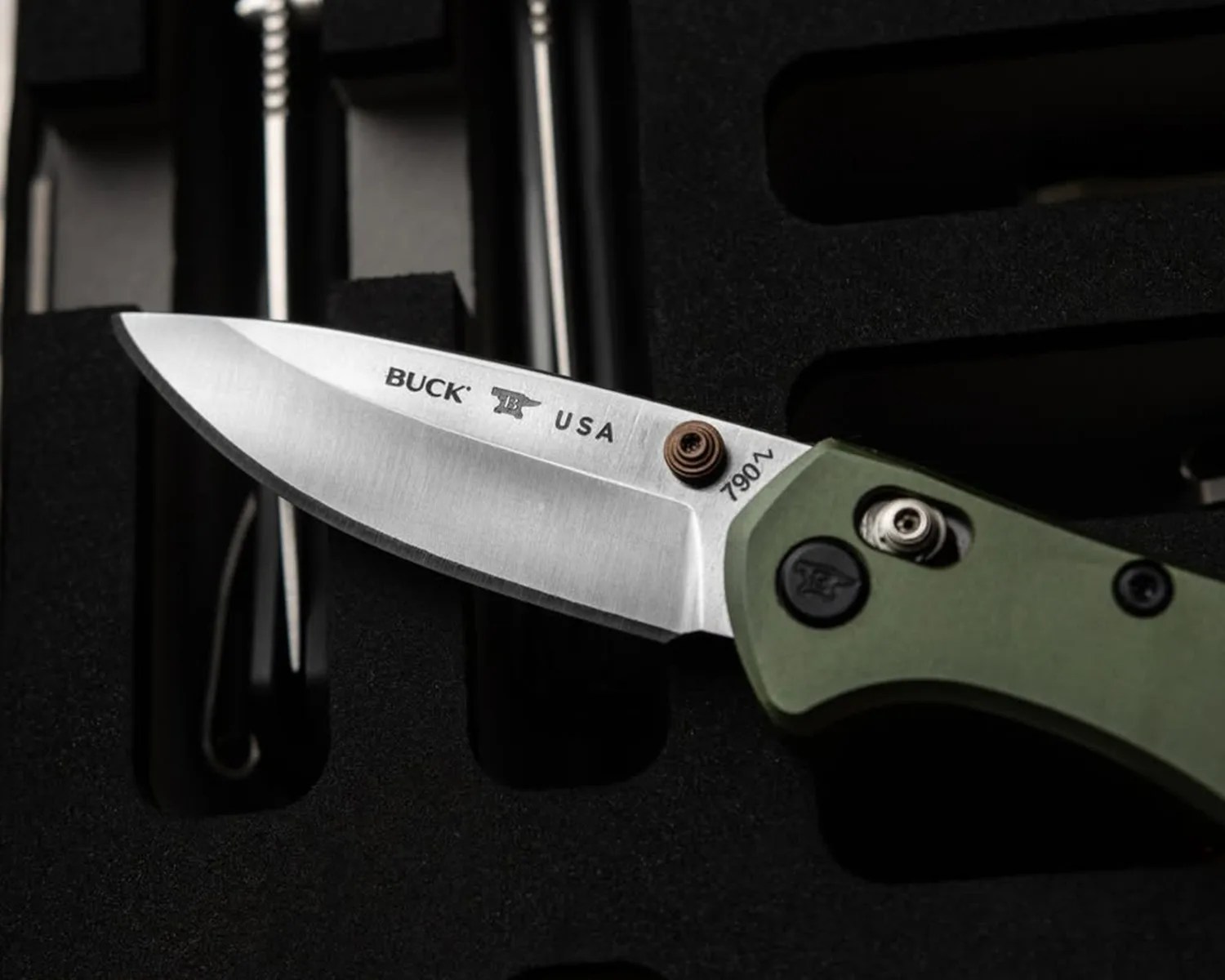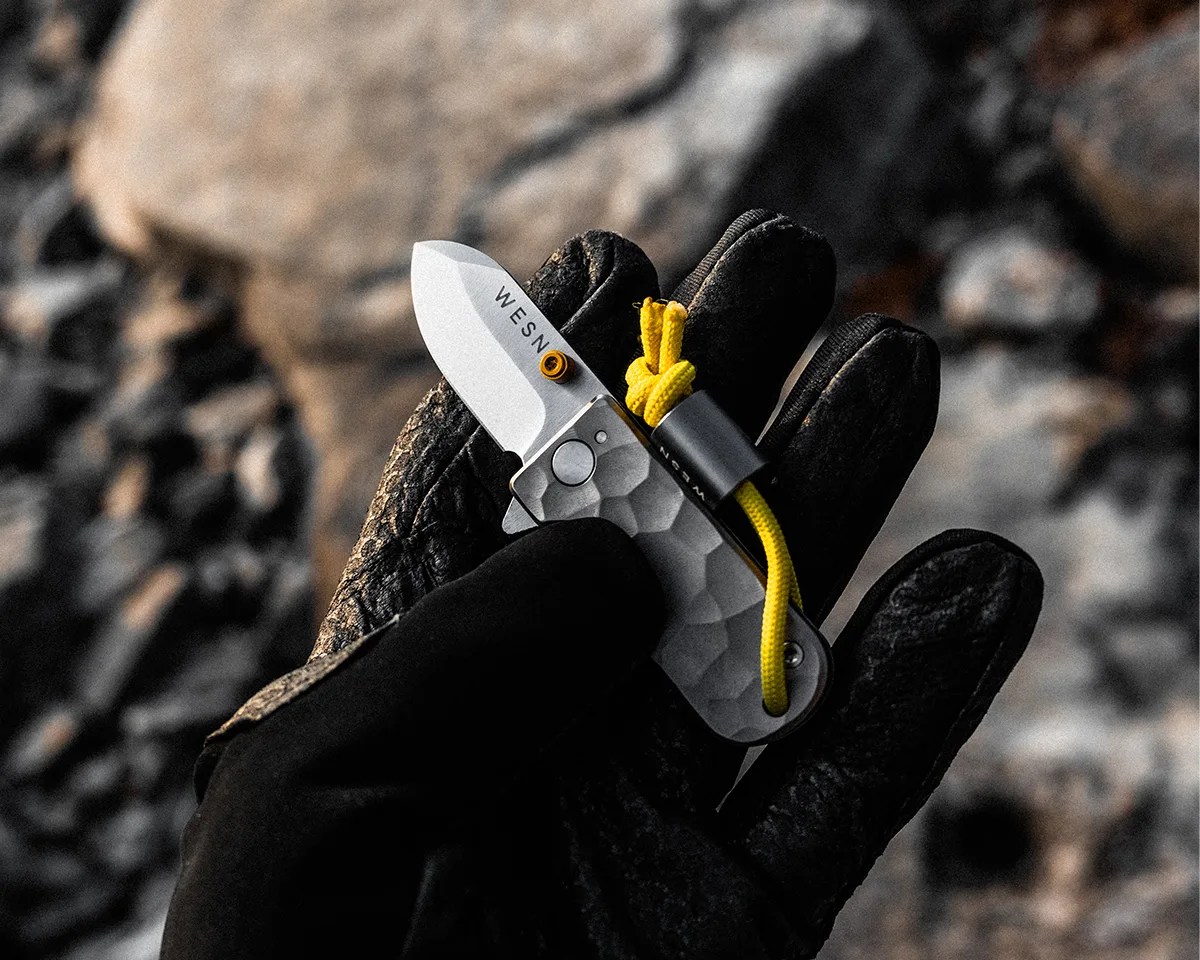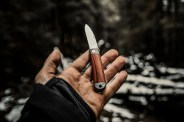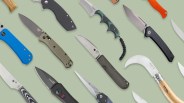On February 10, President Donald Trump signed an executive order imposing 25 percent tariffs on all imported steel and aluminum. While this move could have far-reaching repercussions, the EDC industry, especially knives, is particularly at risk.
I contacted several USA-based knifemaking brands — including WESN, Buck Knives, The James Brand and others — to better understand the tariffs’ short- and long-term impacts and what EDC enthusiasts should expect.
EDC knife prices could rise
To understand how the knife industry will be affected, you must understand how import tariffs work. In this case, when steel or aluminum is imported from other countries into the USA, a non-negotiable 25 percent fee is charged.
The importer (in this case, a knifemaker) pays that fee and typically increases the price of their consumer goods (knives) to compensate for the tariff fee. The length and severity of the tariffs often affect these price increases.

Billy Chester, founder of WESN, says increased knife prices are possible but not necessarily guaranteed.
